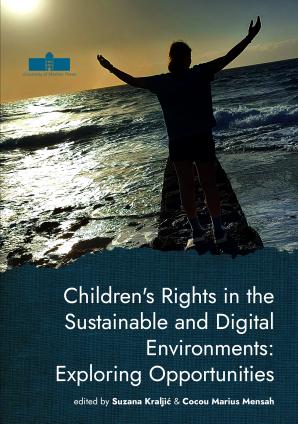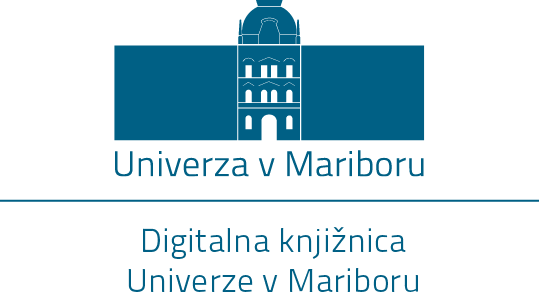Axiology of Children’s Rights
Kratka vsebina
The article focuses on the value system that relates to children's rights. The starting point is the assumption that historically, children were not protected by law, which meant treating them as "half" people or "material" from which a human being would later be created. As a result, it was only in the 19th and 20th centuries that children's rights were legalized, which we owe primarily to educators and medical doctors. Despite this, children's rights are well embedded in Western thinking. The axiology of human rights, including children’s rights, is informed by multiple sources and historical inspirations. The most fundamental among them include 1) the Judeo-Christian tradition; 2) the legacy of the Enlightenment; 3) republican ideals of liberty and equality; 4) democratic traditions; 5) the trauma of wars, genocide, totalitarianism, and authoritarian regimes; 6) the recognition of peaceful international cooperation as a prerequisite for development and progress. As a result, the axiology of children's rights includes two groups of provisions. The first refers to general regulations that undermine human rights. The second group refers to regulating the environment in which the child grows up and socializes.
Prenosi
Strani
Izdano
Kategorije
Licenca

To delo je licencirano pod Creative Commons Priznanje avtorstva-Nekomercialno-Brez predelav 4.0 mednarodno licenco.






